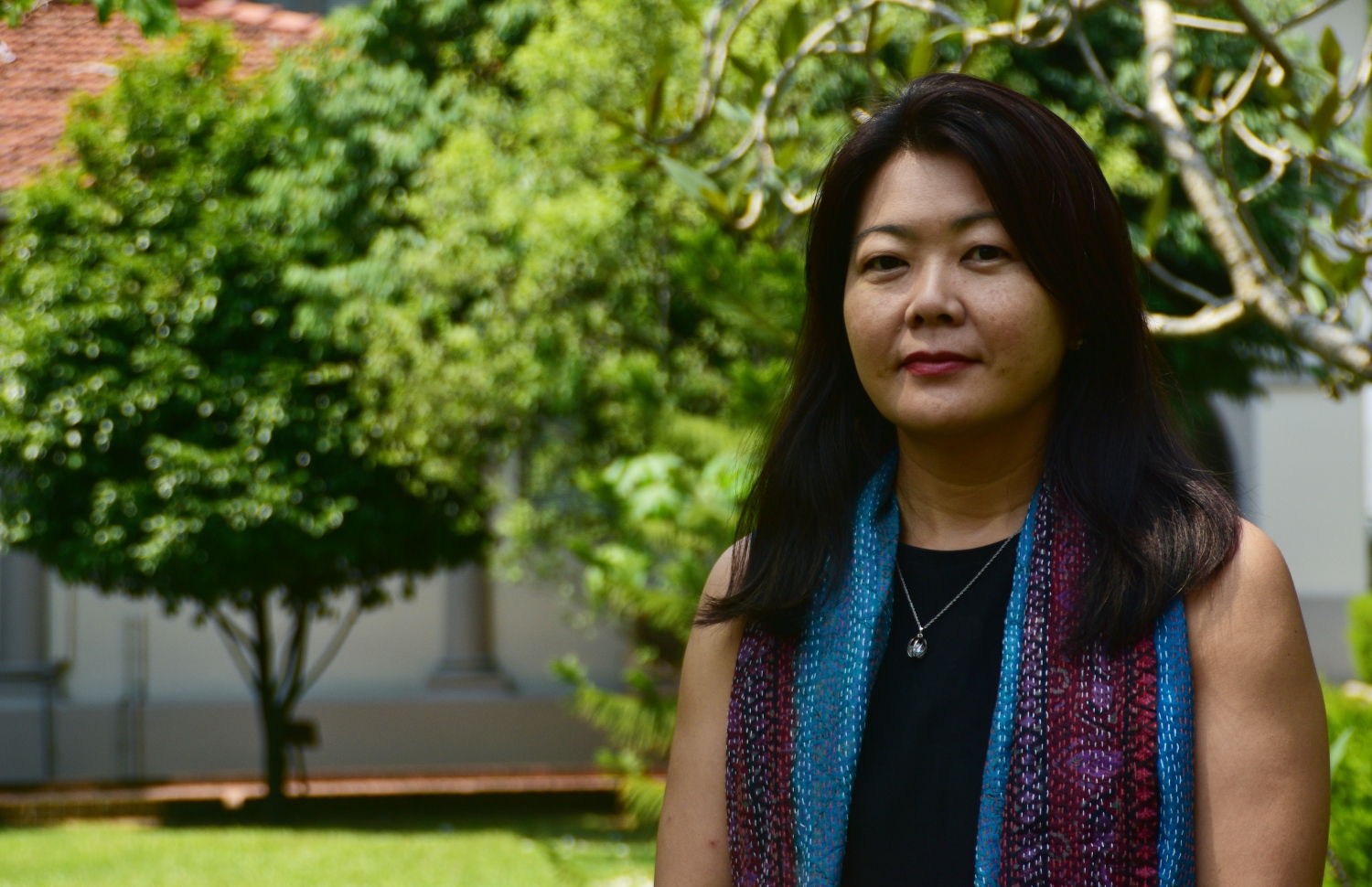I heard George Floyd’s words in my home in Sri Lanka, where my family and I were under a COVID-19 curfew. In the days that followed, we saw the pain of his community in the United States resonate across the world.
Even in my home country, Japan, I saw Floyd’s death become a rallying point for my compatriots who took to the streets of Tokyo, Osaka and
Kyoto, chanting “I can’t breathe,” as they protested police brutality against immigrants and ethnic minorities.
In the middle of a pandemic and global lockdown, the Black Lives Matter movement had struck a chord, and now we could hear it everywhere.
Overnight it seemed “I can’t breathe” was no longer limited to a protest against police brutality. It had become a rallying call that encapsulated how the crises of our times were all inextricably intertwined and how we all need justice in our lives and communities.
For those minorities dying in disproportionate numbers during this pandemic, “I can’t breathe” is a cry that acknowledges how generations of discrimination, inequality and poor access to healthcare are proving fatal.
For survivors of domestic violence and abuse, “I can’t breathe” is what it feels like to be trapped in your home with your abuser as the violence escalates, knowing that the system has failed you.
For a planet facing the existential threat of climate change, “I can’t breathe” is literal, underlining how we are choking on polluted air in our cities or gasping as entire towns go up in smoke when wildfires devour drought-stricken lands.
As I write this, we mark a World Population Day unlike any other my generation has seen. At the United Nations Population Fund, our team recognizes that issues related to health, equality, justice and sustainability are all inter-related. This is also the spirit of the 2030 Agenda for Sustainable Development. From this perspective, this pandemic is like the
domino falling at the start of a very long chain.
It has sent us into the freefall of an economic recession, during which women are more likely to be unemployed than men and to be bearing the brunt of caregiving and chores in the household. Girls, who already tend to be confined to the home in conservative societies, now have even fewer opportunities to study, or pursue economic independence. Yet, policy makers and planners are often unaware of the different needs of women and girls.
In the Maldives, we expect a rise in unintended pregnancies in recent months, and we know that economic stress applied by such a development can be crushing for a family or an individual in the long-term. Meanwhile, campaigns against female genital mutilation and child marriage have also seen serious setbacks in this island nation. Such harmful traditional practices could have serious health implications, and should not be inflicted on young children since they cannot offer any kind of meaningful consent.

How to keep our children healthy is a concern for Sri Lanka as well. Sri Lanka has long been a model for the region on how to create affordable and accessible healthcare with some last- mile challenges. In the COVID-19 era, the race is suddenly exponentially harder. Regional disparities in quality of service and access to healthcare must be remedied, while Sri Lanka’s wonderful network of public health inspectors and midwives must be given the necessary resources to respond appropriately to the pandemic and provide other health services, including maternal health and health care for the elderly.
There is another domino that we cannot afford to ignore: climate change. Last year, the United Nations Climate Change Conference, COP25, brought countries together to discuss how to reduce emissions and support at-risk populations. On reflection, the fight to defeat COVID-19, addressing the issue of inequality, and the struggle to contain climate change have much in common.
First, there is no more room for trade-offs and easy answers. We have long passed the point where we could afford sacrificing the environment for economic growth. Another is that it must be a global effort, or we will fail. It is time to strengthen multilateralism, not weaken it. We now have an unprecedented opportunity to pursue equitable, sustainable and just
development. Fortunately, we do not have to go back to the drawing board to discover what our priorities should be.
Twenty-five years ago in Cairo, at the International Conference on Population and Development, world leaders embraced a visionary Programme of Action that emphasised inter-linkages among human rights, health, governance and sustainability. Sri Lanka and the Maldives were among 179 countries that supported this groundbreaking framework. Last year, they reaffirmed their commitment to these principles at the ICPD25 Nairobi summit. Now, it is time to walk the talk.
It has become obvious that without justice, equality and sustainability, we will have no future.
We need Universal Health Care, that ensures everyone to be part of the system.
We have to address systemic racism, stigma and inequality if we want to have safe and harmonious societies.
We have to invest in a green economy if we are to protect the livelihoods of a new generation and still save our home planet.
We have to ensure the rights of women and girls, if we want our families, communities and countries to prosper.
Governments can start by enhancing women’s representation on task forces planning our recovery from COVID-19. In fact, any “build back better” strategy will only succeed if it accounts for the needs of women and girls, who make up half of the population.
This World Population Day, as thousands around the world chant “I can’t breathe”, let it be a wakeup call everywhere. Each and every one of us can engage and act together to do the hard work that’s needed and forge meaningful alliances that bridge the divides. This breath and the next, our very lives and those of future generations, depend on it.